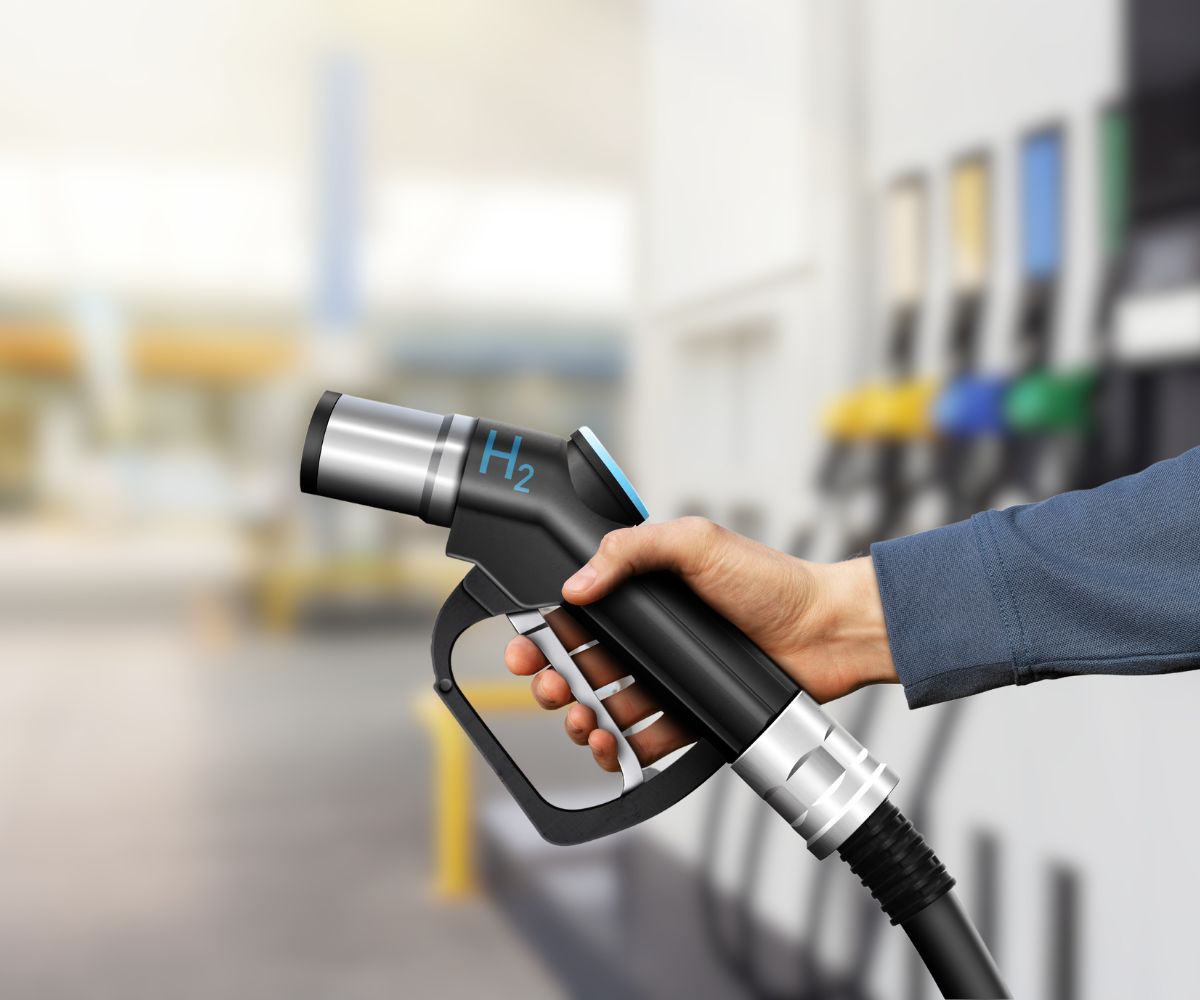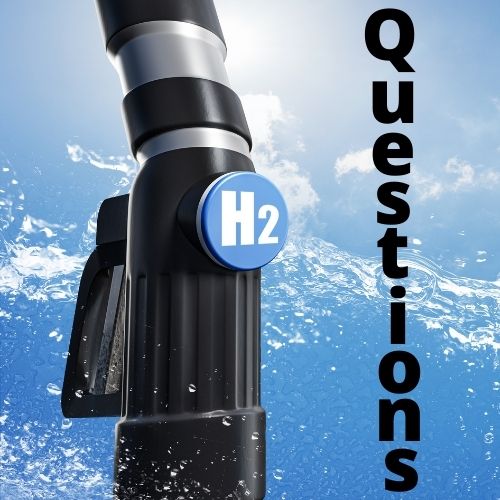
3 things you need to know about hydrogen cars
April 5, 2022Electric vehicles are becoming more popular on roads around the world, and this trend is only set to continue. In fact, in the first quarter of 2021 alone, more EVs were registered than in the entirety of 2017.
Traditional combustion engine-powered vehicles are heavily polluting, and are substantially contributing towards the effects of global warming felt across the globe. In fact, the typical passenger vehicle emits 4.6 metric tonnes of carbon dioxide every year, highlighting a clear area for improvement in this aspect of our lives.
Using hydrogen as a fuel has become a popular alternative to traditional sources of energy, and it’s likely to play a crucial role in sustainable fuel going forward. But what do you need to know about this innovative solution, and how does it feature in the electric vehicle industry?
What are the environmental impacts?
Fuel cell electric vehicles (FCEVs) work in a similar way to all electric vehicles, in that electricity is used to power the motor instead of traditional fuels like petrol and diesel.
Cynics to FCEVs will point to the fact that the extraction and processing of hydrogen to be used as fuel is generally quite inefficient. This is particularly true when you compare it to traditional electric vehicles, where the power is supplied to a battery pack from the mains.
But the lithium used in these packs can also have harmful effects on the environment, particularly during the extraction process. This means that whatever way you look at it, the carbon footprint of EVs can never be zero, due to the environmental costs of manufacturing and production.
Also, many companies are now making green hydrogen which is made through the process of using renewable energy to produce the electricity to make the hydrogen through electrolysis. This type of hydrogen gas is now clean, making the FCEV a truly green hydrogen car. 
What’s the future for hydrogen cars?
With this in mind, FCEVs aren’t expected to take over the electric automotive industry, but instead it’s hoped that they’ll sit alongside standard electric cars within the marketplace. The success of hydrogen fuel in the industry will largely depend on whether or not scientists can find more efficient ways to extract and transport the gas, to make it more readily available. It’s estimated that hydrogen cars usually emit 120g/km of CO2 over its lifetime, which is comparable to the carbon footprint of standard EVs.
But this figure can be brought down even further if hydrogen is produced from renewable sources. Currently, the vast majority of hydrogen used for energy production is sourced from fossil fuels. However, there are many different ways that hydrogen production processes can become cleaner, through use of renewable sources such as solar, biomass and wind. Utilizing these resources more effectively will be key to the future of hydrogen in the industry.
What are the pros and cons of driving a hydrogen car?
As a consumer, you’ll want to know the positive and negative impacts that driving an FCEV could have on the environment. The chief benefit associated with these vehicles is that they don’t emit any greenhouse gases whilst being driven – there are no vehicle emissions besides water vapor. There is also lots of potential for hydrogen to become a highly accessible source of fuel, considering there are so many ways it can be generated.
Going forward, if hydrogen cars are to be more widely used, the current downsides to driving them will need to be addressed. For instance, the technology used in FCEVs is very expensive, and hydrogen needs to be stored at extremely high pressures. What’s more, there are currently very few places to refuel, and more money will need to be invested in accessible infrastructure to help make this cutting edge solution more viable.
 H2 Spotlight Questions – Can combustion engines run on hydrogen? Take a closer look! How viable and efficient are hydrogen combustion engines? With the promise of H2 as a primary zero-emission fuel, possibilities exist across many technologies. Fuel cells may be the most widely known right now, but we’re still early in the game. Experts are also looking into the opportunities in H2 combustion motors. This includes big names as we’ve seen in recent Toyota news headlines! Join HFN as we take a closer look at how companies are already converting semi trucks to clean H2. Don’t miss our Learning Center and free ebook resources for more great information. Sign up below to make sure you don’t miss any of the latest H2 news.
H2 Spotlight Questions – Can combustion engines run on hydrogen? Take a closer look! How viable and efficient are hydrogen combustion engines? With the promise of H2 as a primary zero-emission fuel, possibilities exist across many technologies. Fuel cells may be the most widely known right now, but we’re still early in the game. Experts are also looking into the opportunities in H2 combustion motors. This includes big names as we’ve seen in recent Toyota news headlines! Join HFN as we take a closer look at how companies are already converting semi trucks to clean H2. Don’t miss our Learning Center and free ebook resources for more great information. Sign up below to make sure you don’t miss any of the latest H2 news.



 With over 15 years of reporting hydrogen news, we are your premier source for the latest updates and insights in hydrogen and renewable energy.
With over 15 years of reporting hydrogen news, we are your premier source for the latest updates and insights in hydrogen and renewable energy.
I always see negative comments on hydrogen. If I had to chose which car I would like to have in the future it would not be a battery electric, nor an ICE car. It would be an H2 car with a 850 mile range.
Very interesting read, I am part of a team developing Hydrogen fuel cell training. This is a challenge as I myself am still learning as I go
Along..
I am very much interested in Hydrogen Fuel Cell Training. I am a Nuclear Engineer and taught Electronics, Computer Hardware and Software for over 30 year at the Community College level.
If you could direct me to the right place to get access to the training materials for Hydrogen fuel cell , I would very much appreciate that.